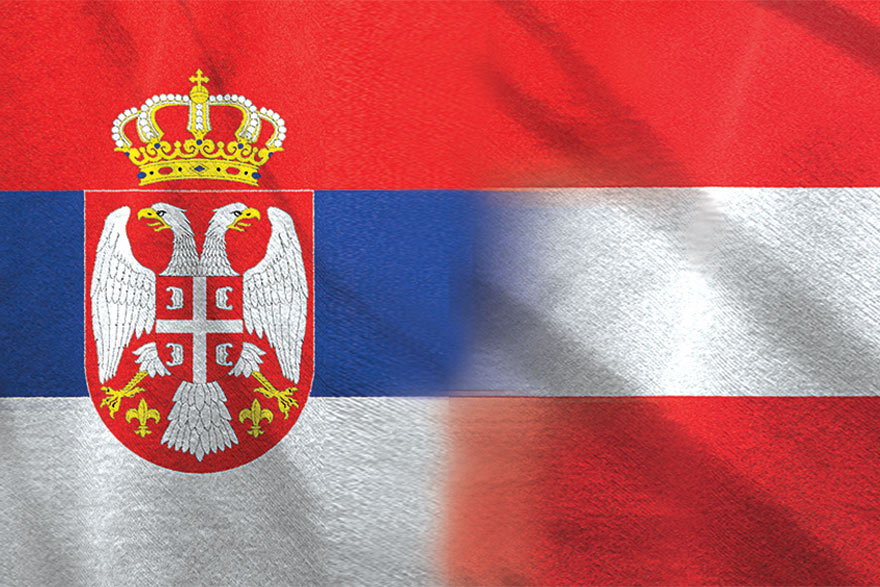Many European interlocutors, including Austrian ones, have highlighted the fact that Serbia quite often fails to demonstrate tangible and credible improvements in terms of the rule of law, judicial independence and media freedoms, to mention only a few of the various areas where visible improvement is needed. Without considerable progress on reforms, even the best wishes for EU enlargement cannot come true
Constant change is a sign of our times – nothing old is good enough and nothing new can last long. In contrast, good bilateral relations thrive as a result of continuity. Despite the change at the helm of the Austrian government, the new Austrian chancellor will continue the policy that has served to fortify relations between Austria and Serbia. Just like his predecessor, new Chancellor Alexander Schallenberg sees the future of the region as being in the European Union. This is indeed echoed in the CorD interview with Austrian Ambassador to Serbia H.E. Nikolaus Lutterotti, who put it this way: “We want to see an acceleration of the accession process. You can count on our continued full support.”
This comes during times of two events with a centripetal force: news conveyed by agency Reuters that quoted diplomatic circles as saying that at least some EU member states have gone cold on the idea of accepting the countries of the Western Balkans into the EU; and the European Commission confirming that the future of the Balkans lies in the European Union. In that respect, the expectation that Serbia might open two new chapters, after a long deadlock, sounds promising.
On the basis of the latest EC assessment of progress achieved by Serbia in the accession process, it is evident that the country is moving forward in a positive direction when it comes to the market economy. This is certainly reflected in Austria-Serbia bilateral trade and the constant interest in investing in Serbia among Austrian companies
And yet, friends wouldn’t be friends if they didn’t speak openly about the outstanding issues hindering Serbia’s EU path. Indeed, Many European interlocutors, including Austrian ones, have highlighted the fact that Serbia quite often fails to demonstrate tangible and credible improvements in terms of the rule of law, judicial independence and media freedoms, to mention only a few of the various areas where visible improvement is needed.
On the basis of the latest EC assessment of progress achieved by Serbia in the accession process, it is evident that the country is moving forward in a positive direction when it comes to the market economy. This is certainly reflected in bilateral trade between Austria and Serbia, where ever more Austrian companies are seeing Serbia as a good place to invest. Following the decline of 2020, there is a visible optimism that the bilateral trade exchange will again reach 1.5 billion euros in 2021, thus equalling the all-time high recorded in 2019.
Furthermore, a delegation of Austrian businesspeople from Carinthia visited Serbia with the aim of expanding existing business opportunities here and exploring new ones. According to the Austrian Embassy, further efforts are to be exerted in support of the expansion of bilateral economic relations, with some old and new topics on the agenda: renewable energy, e-mobility, sustainability, digital transformation, infrastructure, urban technology and tourism.
